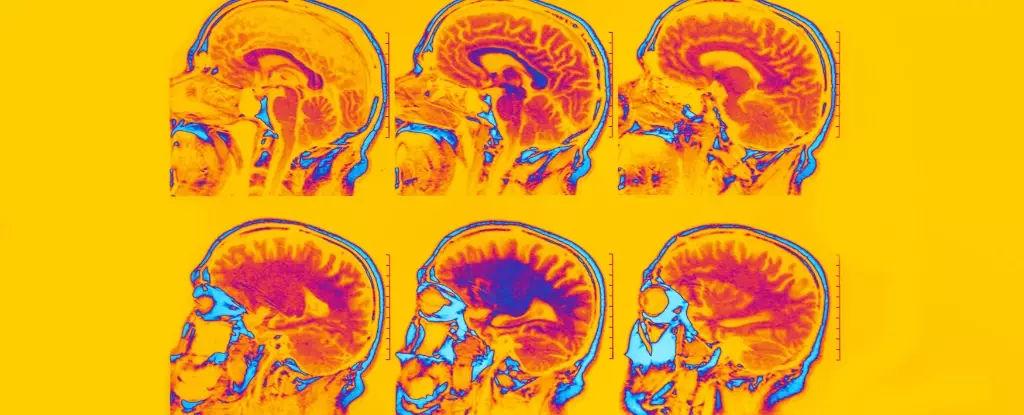In a groundbreaking study conducted by a team of researchers from the US and Australia, a new approach to treating depression and anxiety disorders has emerged. By analyzing brain activity patterns in a large group of individuals with these conditions, the researchers were able to identify six distinct types of brain activity. This opens up the possibility of tailoring treatment plans based on how an individual’s brain functions, rather than resorting to the traditional trial and error method.
The current diagnostic approach in psychiatry often involves a “one-size-fits-all” method, which can lead to prolonged and frustrating treatment processes. With the discovery of different brain activity patterns associated with depression and anxiety, doctors may soon be able to match patients with the most effective therapies. This advancement could potentially reduce the number of patients who do not achieve remission after trying a single treatment, which currently stands at 30-40%.
By using functional MRI (fMRI) brain scans, the researchers were able to differentiate between different brain circuits that play a role in depression. This allowed them to cluster individuals into six types based on their brain activity patterns. Subsequently, they were able to determine which treatments were most effective for each subtype. For example, the antidepressant venlafaxine showed the best results for individuals with overactive cognitive brain regions, while talk therapy was more beneficial for those with increased activity in areas associated with depression and problem-solving.
The ultimate goal of this research is to move towards precision psychiatry, where treatments are tailored to individual patients based on their unique brain function. Identifying the most effective treatments for each subtype of depression and anxiety could potentially lead to quicker and more successful outcomes for patients. By understanding the specific disruptions in brain functioning that underlie these conditions, doctors can make more informed decisions about treatment options.
The future of depression treatment lies in personalized medicine and targeted interventions based on individual brain activity. This approach has the potential to revolutionize the field of psychiatry and provide more effective solutions for those suffering from depression and anxiety disorders. As research progresses, new cognitive biotypes of depression are being identified, paving the way for innovative treatments that target specific brain deficits.
The recent advancements in understanding brain activity patterns associated with depression and anxiety represent a significant step towards personalized medicine in the field of psychiatry. By utilizing fMRI technology and machine learning algorithms, researchers are able to categorize individuals into distinct subtypes, opening up new possibilities for tailored treatment plans. As we move towards a more precise and personalized approach to mental health care, there is hope for improved outcomes and more effective interventions for those struggling with depression.


Leave a Reply